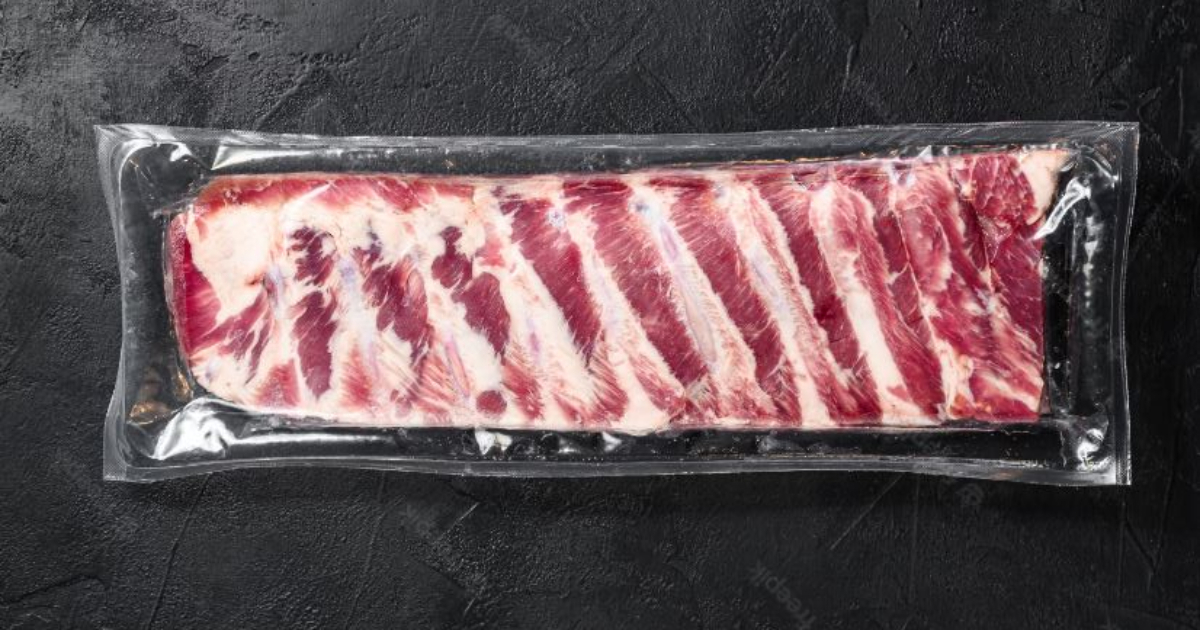He Cuba’s Ministry of Agriculture (MINAGRI) Authorized travelers and natural persons will be required to import large amounts of food of animal origin, although they assured that this is a temporary measure
The country is facing a severe economic crisis with high prices, shortages and wages being devalued daily, pushing the country into inflation. Cuban officials widened the spectrum Foodstuffs that may enter the national territory in the baggage of passengers and natural persons.
He Minagri “To temporarily facilitate the importation of products of animal origin for travelers and natural persons to enter the country of food of animal origin intended for human consumption, which are ordinarily (and hereafter provided, shall continue to be) regulated or prohibited”.
So arranged Christopher A. Arredondo AlfonsoMINAGRI General Director, in a order It said the action was taken “by direction of the country’s top administration” in view of the “severity of the unjust and cruel economic blockade… coupled with the current food shortage caused by the above”.
In this sense, the authorities of the Cuban regime agreed to the facilities Import of Canned Meat (Canned) of Cattle and Pigs (Provisional)Duly recognized and recognized trademarks from France, Spain, Portugal, United States, Canada, Mexico, Panama, Costa Rica, Honduras, Nicaragua, Ecuador, Colombia, Brazil, Argentina, Chile and Uruguay.
It was also approved (Temporary) Import of Canned (Canned) Poultry From Spain, France, Dominican Republic, Honduras, Panama, Costa Rica, Nicaragua, Brazil and Uruguay.
In addition, temporary importation of the following products is authorized:
“Fresh, frozen, dehydrated or salted meats, edible waste, semi-processed meat products (hamburgers; minced meat; meatballs; forms such as meat sticks, nuggets and other bread products; raw sausages; salamis; spreadable pasta; raw ham, sausages and raw pork, fermented, sobresada, pepperoni, cervelette and other fermented raw products) and semi-cooked, vacuum-packed bovine, porcine, ovine and caprine products, duly identified and authorized trade brands, France, Spain, Portugal , the United States, Canada, Mexico, Panama, Costa Rica, Nicaragua, Ecuador, Colombia, Brazil, Argentina, Chile and Uruguay”.
“Fresh, frozen, dehydrated or salted meats, edible waste, semi-processed meat products (hamburgers; minced meat; meatballs; forms such as meat sticks, nuggets and other bread products; salamis; spreadable pasta; semi-cooked, vacuum-packed The products are of bird origin from France, Spain, Honduras, Panama, Costa Rica, Nicaragua, Brazil and Uruguay, duly identified and recognized trademarks.
“Sausages made from beef and/or pork from Spain, Portugal, United States, Canada, Mexico, Panama, Costa Rica, Colombia, Nicaragua, Brazil, Argentina, Chile and Uruguay.”
“Sausage made from poultry from Honduras, Panama, Costa Rica, Colombia, Nicaragua, Brazil and Uruguay”; and “Marine products (registered or not) from any geographical area.”
“UHT liquid, condensed, evaporated milk and milk desserts originating from any geographical area”; and “milk powder from Spain, Portugal, United States, Canada, Mexico, Panama, Costa Rica, Nicaragua, Brazil, Argentina, Chile and Uruguay.”
“Mature pasteurized cheeses originating from any geographical region or made from ultra-pasteurized milk”.
“Non-commercial pet food that contains poultry, pork, fish and vegetables as a protein base in its formulation.”
MINAGRI warned, “The list of eligible countries is provided by the country reflected on the product labels. It is noted that these facilities and the list of eligible countries can be modified in relation to changes in the animal health status of the countries of origin (where the food is produced and reflected on the product label). Subject to constant changesWho is that Will be updated regularly on the website”.
“All products come fully packaged, approved brands and properly labelled, unbreakable packaging. In case of any breakage or damage to the packaging, the products which could become a vehicle for the etiological agents of the diseases will be confiscated and burnt,” the ministry added.
At the same time, it clarified what the connection was Complete import ban:
“Fluid milk and milk derivatives are generally not pasteurized”
“Fresh, frozen, dehydrated or salted meats, edible waste, semi-processed meat products (hamburgers; minced meat; meatballs; forms such as meat sticks, nuggets and other bread products; raw sausages; salamis; spreadable pasta; raw ham, sausages and raw pork, fermented, over-fried, pepperoni, cervelette and other fermented raw materials) and semi-cooked products not vacuum-packed.
“Fresh meat and its cuts with bone of any origin”; and “meat from wild animals in any presentation.”
“raw (unroasted) chicken and other breads”; and “Pet foods that contain fluorescent foods in their protein bases, regardless of country of origin.”
Minagri clarified that the move came into effect from August 1.





:quality(85)/cloudfront-us-east-1.images.arcpublishing.com/infobae/VWWQ37HV5ZERLPFWQKUG6JD2CQ.jpg)